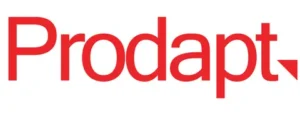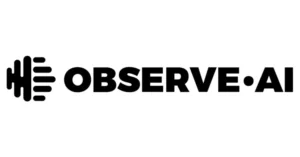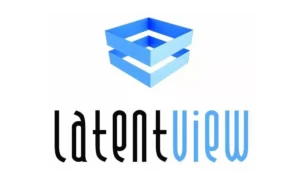Our Data Science Online Training will make students learn some of the most in-demand concepts in Data Science such as – Data types and data Models, Basic Operations in R Programming, Statistics, Probability, Data Visualization Techniques, Machine Learning etc. This curriculum will surely make students experts in the concept of Data Science in a shorter span of time. Our Data Science Online Course with 100% placement support is curated with the help of leading experts from the IT industry, which makes our Data Science Online Course up-to-date in accordance with the latest trends.
Our SLA Institute is guaranteed to place you in high-paying Data Analyst and other Data Science related jobs with help of our experienced placement officers. SLA Institute’s Course Syllabus for Data Science covers all topics that are guaranteed to give you a complete understanding of the Data Science Online Course.

























